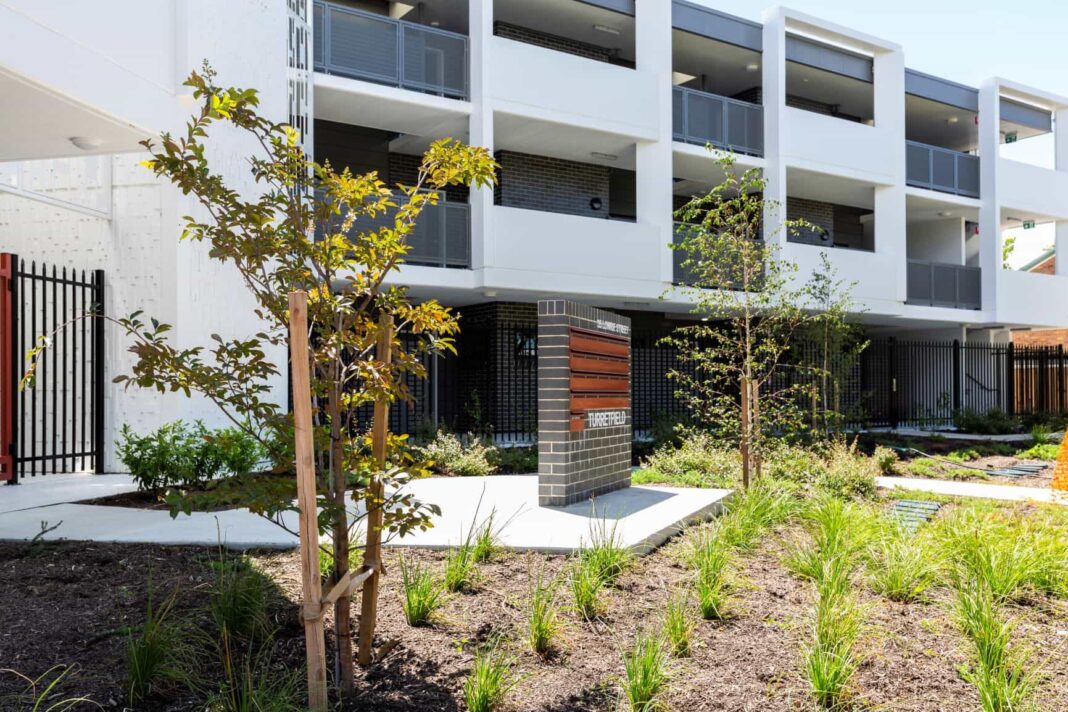Advocacy groups have welcomed the ACT Government’s giving COVID-affected tenants two more months to repay their rent debts – but believe more must be done.
Attorney-General Shane Rattenbury announced today that tenants who were in rent arrears due to the economic impact of the pandemic now had until 30 June to repay any outstanding debt.
“We want to give tenants experiencing financial hardship more time to get back on their feet, repay their debts, and stay in their homes,” Mr Rattenbury said.
The deadline for payments was initially the end of January, but was earlier extended until April.
“These two extra months to settle their debts can make a world of difference for vulnerable Canberrans,” Mr Rattenbury said. “We want to ensure that those Canberrans starting to find their feet after a difficult 2020 are not knocked back over by having to pay back their debt all at once.”
Landlords will not be able to evict tenants in arrears during the two-month extension, but renters will still have to pay their rent during the transition period.
COVID-19 affected tenants in fixed-term leases can also end their leases early and without penalty if they need to move due to a change in their circumstances.
Dr Emma Campbell, CEO of the ACT Council of Social Service (ACTCOSS), called the measures “a welcome extension” for Canberrans struggling to manage rental payments that would “keep a roof over their heads”, but pointed out that the debt would remain.
“This is a temporary reprieve, rather than a solution to the problem of rental stress and affordable housing in Canberra,” she said. “We need to see ongoing support for Canberrans struggling with amassed rental debts when the reprieve ends.”
Similarly, Joel Dignam, executive director of Better Renting, said the support measures were “welcome news”, providing more time for tenants with COVID debt, but they did not give direct assistance to pay the debt.
“It’s a positive step, but we think governments should cancel this debt where it exists by paying it on behalf of the tenant, but at a reduced rate to the property investor.”
Canberra’s rental market was “incredibly tough”, Mr Dignam said. Rental prices were the highest in Australia (an average of $600 for a house and $500 for a unit) and vacancy rates some of the lowest, Dr Campbell observed – worsened by the Federal Government’s cut to the COVID-19 JobSeeker supplement earlier this month, which has left Canberrans on welfare living on payments $145 a week below the poverty line.
Last year, Better Renting estimated that 5,000 to 16,000 Canberra renters could be in debt; Mr Dignam hoped and expected that figure would be lower six months later. Even before the pandemic, 73% of lower income private rental households in the ACT were in rental stress, half as much again as the national average of 50%.
“Before we can fix it, we need to realise that Canberra’s housing market is broken,” Mr Dignam said. “There are winners when house prices and rents are going up. But the losers are left without a secure, affordable home. The bottom line is there needs to be more homes available, particularly for people who maybe work in a hair salon or a supermarket.”
The ACT has a shortfall of some 30,000 social housing dwellings, and tenants wait on average three and a half years for a home. The ACT Government plans to renew 1,000 public homes and build 600 new ones through the Growing and Renewing Public Housing Program.
“It’s good to see the ACT Government investing in providing more housing for people on low-incomes, but this does need to be scaled up,” Mr Dignam said.
Dr Campbell also believed the ACT Government needs to invest in long-term solutions to rental stress and housing unaffordability, starting by urgently increasing the supply of social and community housing.
Mr Dingam commended the government for considering minimum energy efficiency standards for rental properties. “This could make a huge difference to cut the cost of living, which will make it that bit easier to pay your rent, pay your energy bill, and still put food on the table.”
The ACT Government provides land tax and rates rebates for landlords who reduced rent for COVID-19 affected tenants by at least 25%. This support is available until 30 June.



